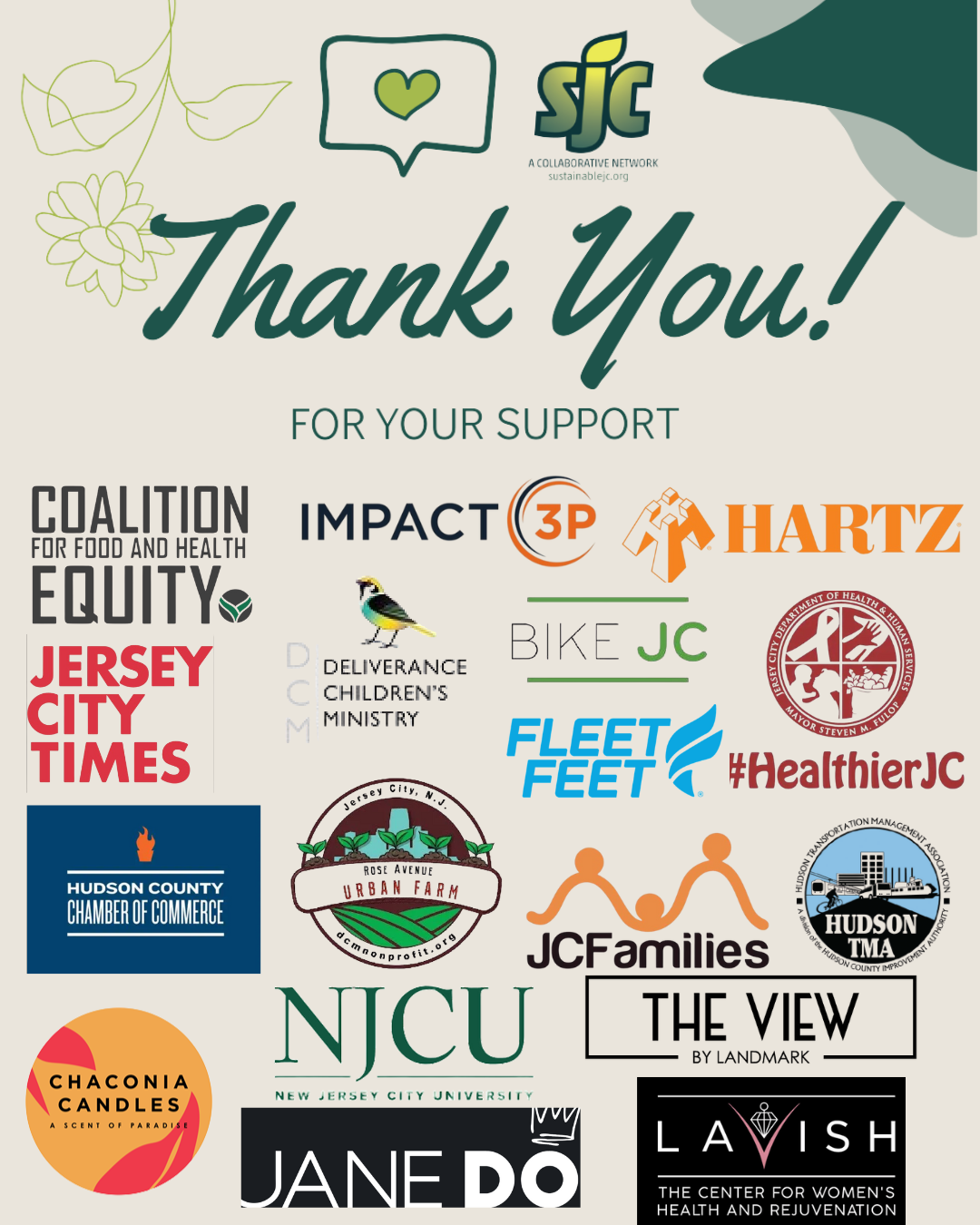Community Solar Projects Approved As NJ Seeks to Reduce Carbon In Electricity Generation
/Hartz Mountain Group Community Solar Project Approved For Jersey City
Submitted by: Kevin Englert, Sustainable Jersey City Member
Image Caption: In 2019, the top five largest sources of electricity generation in NJ: Natural Gas-Fired 40,589 thousand MWh (53.8%), Nuclear 26,637 thousand MWh (34.9%), Solar photovoltaic 3,419 thousand MWh (4.5%), Non-solar & Non-hydro renewables 2,044 thousand MWh (2.7%), Coal 1,042 thousand MWh (1.4%).
Efforts to decarbonize electricity generation in NJ continue with the approval of 45 community solar projects throughout the state, including 1 in Jersey City. On Dec. 20, 2019, the NJ Board of Public Utilities (BPU) approved these pilot projects under the Community Solar Pilot Program (CSP). All the approved projects have proposed, and must verify, that at least 51% of a project’s total solar capacity will be subscribed by low and moderate income (LMI) households. The program should allow subscribed NJ residents to simultaneously lower their carbon footprint and their electricity bills.
Residents that live within a project’s set geographic limit, the municipality, county, or utility service area of the project, may subscribe to receive electricity generated by the project’s solar installation. (i.e. subscribers do not have to live near the installation). Subscription changes a customer’s relationship with their electric utility. Instead of paying the utility to both generate and deliver their electricity, a subscriber separately pays the project to generate renewable electricity and the utility to deliver the electricity. Although the subscriber is paying two bills, they receive a credit on the utility bill for the renewable generation, which saves them money overall, potentially up to 10% savings.
Contrary to some claims otherwise, electricity generated by NJ energy providers continues to be very fossil fuel intensive. As reported by the US Department of Energy, 54% of all electricity used in NJ in 2019 was generated by burning natural gas, a fossil fuel. Not only does burning natural gas emit carbon dioxide, but the supply chain of natural gas is unreliable, leaking natural gas, and its main ingredient, methane, into the atmosphere. Recent studies estimate that 2.3% of gross natural gas volume escapes the supply chain during fracking, processing, or transmission. The global warming impact of this leaked atmospheric methane is roughly 84x more potent than that of carbon dioxide over a 20-year span.
As natural gas has replaced coal in NJ electricity generation, at best, we have been running in place from a carbon emissions standpoint. Reversing global warming requires the drastic decrease of carbon emissions, from any greenhouse gas, and a corresponding increase of renewable energy. In 2019, only 7.2% of electricity generated came from renewable sources, mainly solar and wind. Nuclear energy provided 34.9% of electricity, which, when combined with natural gas electricity generation (53.8%) means that 88.7% of all NJ electricity comes from non-renewable sources.
In its first year, the community solar program will create a total of 75 new megawatts of renewable electricity capacity, offsetting approximately 29 tons of carbon emissions per year, equivalent to the annual output of 11 cars. Per the BPU order, construction on all projects should begin within 6-months of the approval (by June 20, 2020), and projects should be fully operational within 12-months of the approval (by Dec. 20, 2020). Project applications were scored and approved based on a series of weighted criteria including, in order from high to low weight: LMI subscribers, environmental siting, savings and flexible subscriber terms, community and environmental justice, residential subscribers, other (jobs created, co-benefits such as grid storage), and geographic limits (municipality, county, or utility service area).
Note: The one approved project located in Jersey City was awarded to the Hartz Mountain Group. Sustainable Jersey City was unable to reach Hartz Mountain Group for comment.
See previous reporting on the Community Solar Pilot Project here.




